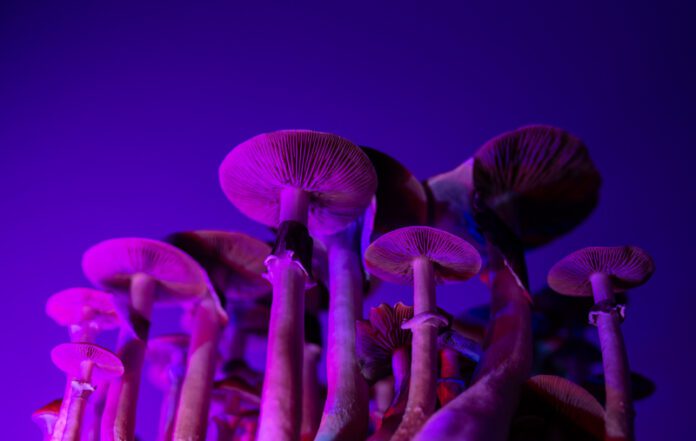New Mexico has officially joined Oregon and Colorado as the third U.S. state to legalize psilocybin therapy, marking a significant milestone for psychedelic advocates and mental health professionals. On April 7, 2025, Governor Michelle Lujan Grisham signed the Medical Psilocybin Act (Senate Bill 219) into law, opening new doors for innovative and alternative treatments for mental health conditions.
Unlike previous states that used voter-driven ballot measures, New Mexico’s approach was marked by bipartisan legislative support, passing comfortably with a Senate vote of 33-4 and a House vote of 56-8. This strong backing indicates a growing awareness and acceptance of psychedelic therapies among lawmakers and the public.
Under the new law, patients experiencing treatment-resistant depression, PTSD, substance use disorders, or requiring end-of-life care will be eligible for psilocybin therapy. These treatments will be closely supervised by licensed healthcare professionals, ensuring patient safety and adherence to established clinical protocols.
An important aspect of New Mexico’s legislation is its inclusive approach. A nine-member Medical Psilocybin Advisory Board will be established, comprising representatives from Indigenous communities, veterans’ groups, mental health equity advocates, and medical professionals. This board will play a key role in expanding access, recommending new conditions eligible for treatment, refining dosage standards, and developing treatment protocols.
The state’s commitment to both equitable access and rigorous scientific research is reflected in the creation of two special funds: the Medical Psilocybin Treatment Equity Fund and the Medical Psilocybin Research Fund. These initiatives aim to lower financial barriers for low-income patients and support ongoing scientific research into the therapeutic potential of psilocybin.
New Mexico aims to fully implement the program by December 31, 2027. This move not only expands treatment options within the state but also positions New Mexico as a leader in the emerging field of psychedelic medicine. For psychonauts, mental health advocates, and researchers alike, this is an encouraging step forward, highlighting a growing recognition of psychedelics’ potential to improve mental health care.
